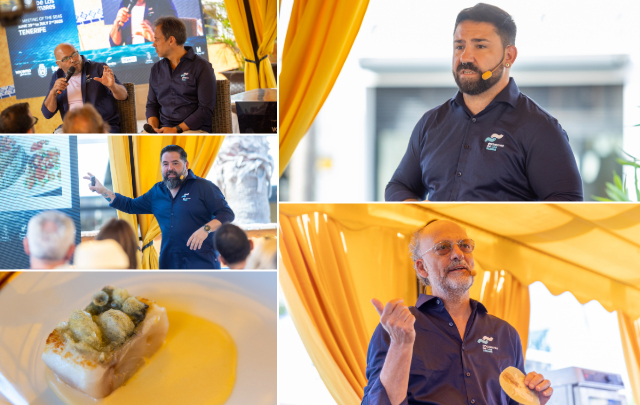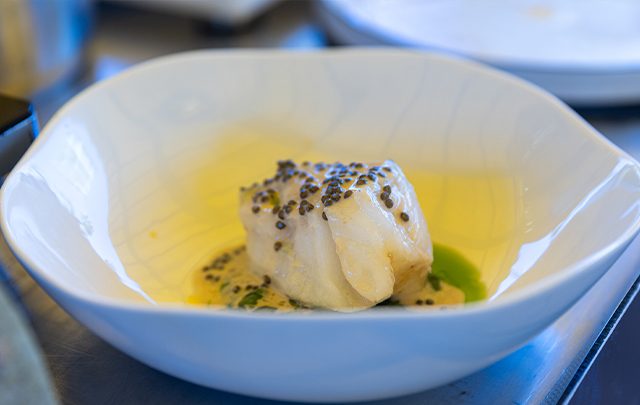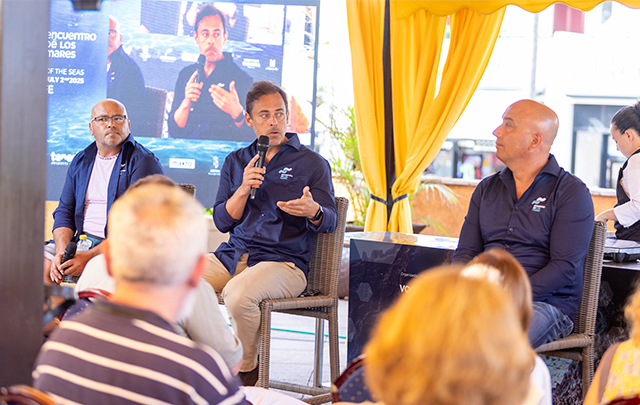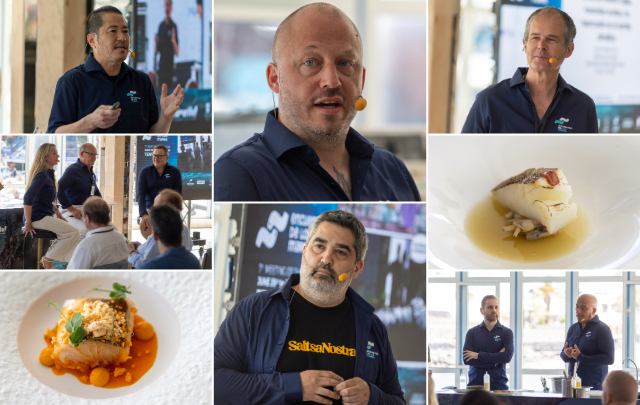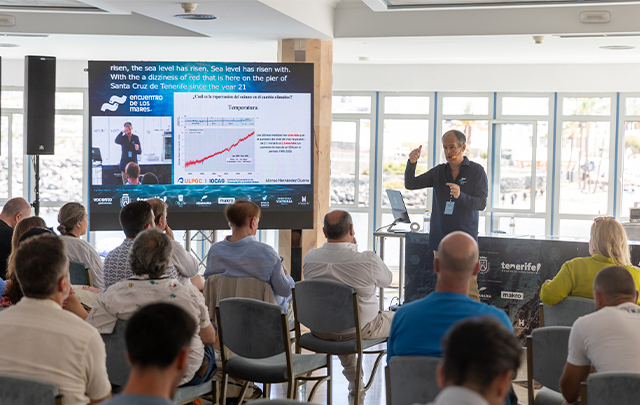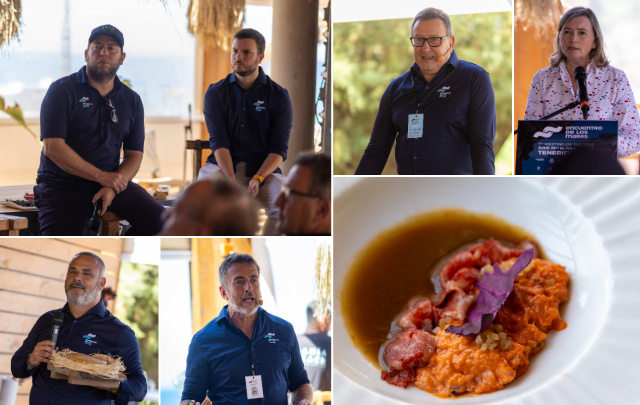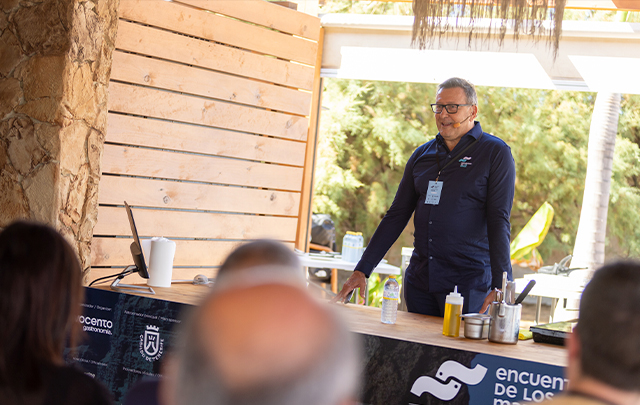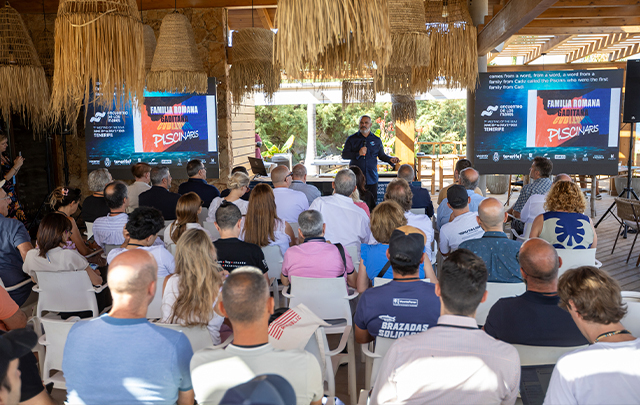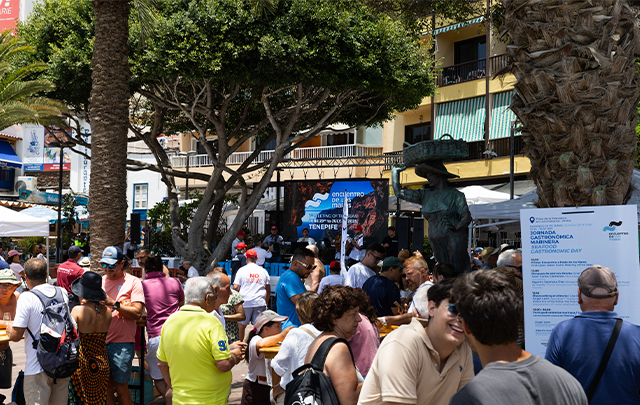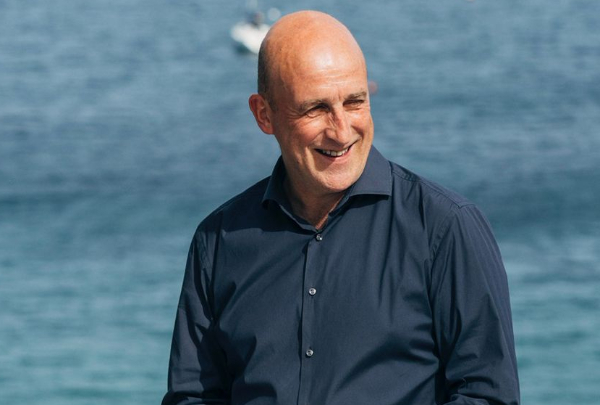News
Salt will take centre stage alongside scientists, chefs and fishermen
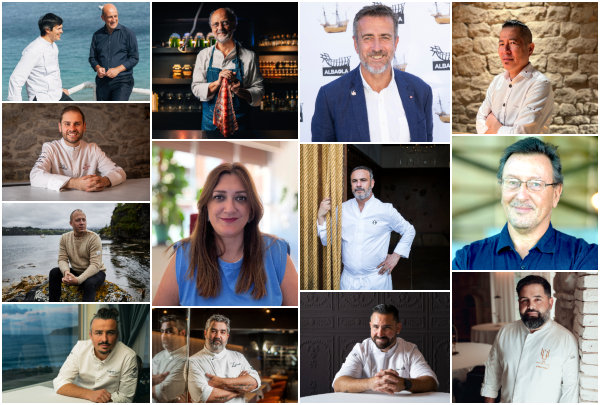
This year's conference will explore salt's role as an essential component of the oceans, a vital culinary ingredient and a cultural link between humans and the sea.
Once again, the island of Tenerife will become an international meeting point for scientists, fishermen and chefs at this multidisciplinary conference, which brings together science, sustainable fishing and gastronomy. This time, the central theme will be salt. With the slogan 'Salt, science and life', this new edition will offer profound reflections on the value of salt as an essential oceanic component, as well as a culinary ingredient, symbol and cultural link between humans and the sea. Rather than reducing it to a mere condiment, the event will invite participants to discover its vital role as a biological regulator, a source of biodiversity, an expression of the landscape, and a sustainable economic driver. The event is organised by Vocento Gastronomía and the Cabildo de Tenerife, through Turismo de Tenerife. The Arona Town Council is also actively involved, and the popular day will be held there on Sunday 29^(th) with an extensive programme of activities.
Oceans cover nearly 70% of the Earth's surface, and around 97% of all water on our planet is saltwater. In fact, there is so much salt that some estimates suggest that, if it could be extracted from the sea and spread over the Earth's continents, it would form a layer more than 160 metres thick. Salt is essential for food preparation and preservation, and is also a raw material for many industries with countless applications ranging from leather tanning to de-icing roads.
The 7th Meeting of the Seas will discuss salt obtained from marine organisms such as algae, rather than from the evaporation of seawater. The meeting will also address the influence of salt on the human diet, as well as the impact of salt emitted into the atmosphere from the ocean's surface (sea spray) on climate change. This edition of Encuentro de los Mares will also focus on the preservative properties of salt.
The programme will bring together renowned figures such as Ángel León (Aponiente***, Cádiz), a pioneer of cuisine based on marine ecosystems. León will unveil the future of Aponiente's garden, a unique edible ecosystem that will transform the dining experience for guests at the renowned chef's establishment in Puerto de Santa María. This initiative represents a new approach to understanding Aponiente 360º.
Joining the world's leading chef at this conference will be Carlos Duarte, one of the world's leading oceanographers and authorities on blue ecosystems and marine conservation. Recognised last month in Tokyo by the Emperor of Japan with the prestigious Japan Prize for Science — the highest scientific award in Japan — Duarte is the first European to receive this honour. Also participating will be architect Alberto Luengo, a specialist in the restoration of traditional salt flats in the Canary Islands.
Leading chefs participating include Moreno Cedroni, an Italian chef from La Madonnina del Pescatore** in Senigallia. Cedroni is one of Europe's leading seafood chefs and his latest menu, Le Spine, is a gastronomic journey based on an ingredient that is normally discarded: fish bones. Cedroni has enhanced these in different forms and textures. He is the author of several books and has a very personal way of reinterpreting fish. He also owns a tinned fish company and several urban establishments dedicated to seafood.
Taking part in the 7th Meeting of the Seas will also be Christopher Haatuft, a Norwegian chef from Lysverket* in Bergen. His cuisine is characterised by its simplicity and elegance, and he creates dishes that capture the essence of contemporary Scandinavian cuisine. He also runs the MatTak project, which aims to promote knowledge of food cultivation and find solutions to problems caused by climate change. Also taking part will be Hideki Matsuhisa (Koy Shunka*, Barcelona), a Japanese chef based in Barcelona who learnt the art of Japanese cuisine in his father's restaurant in Toyota, Japan, and became the first Japanese Michelin-starred chef in Spain.
Also taking part will be the Portuguese chef Gil Fernandes (Fortaleza do Guincho*, Cascais), who seems more like a marine biologist than a chef thanks to his knowledge of seaweed. He will be speaking about this topic at this year's Encuentro de los Mares. Gil knows all the secrets of these marine vegetables, as well as their cycles and the optimal time for consumption.
Spain is also well represented at the congress, with two Michelin-starred chefs: Luis Valls (El Poblet**, Valencia) and Juanlu Fernández (LÚ Cocina y Alma**, Jerez de la Frontera); Sergio Ortiz de Zarate (Zarate*, Bilbao) from Vizcaya; , and Áxel Smyth (Simpar*, Santiago de Compostela), who won the Madrid Fusión Revelation Chef Award alongside his colleague Claudia Merchán. Also attending are Tenerife chefs Jorge Peñate and Luis Martín (La Terrasse del Gran Meliá Palacio de Isora) and Diego Schattenhofer (Restaurant Taste 1973*). Also on this year's programme are Rosa Macías and Paco Martín (Bar FM, Granada), who have made their tiny Granada establishment one of the great seafood temples and set a benchmark for their delicate work with this product, using only the grill.
Salinas, health and sustainability
Beyond the kitchen, the congress will address the impact of salt on human health. Aránzazu Aparicio Vizuete, a professor of Nutrition and Food Sciences at the Complutense University of Madrid, will be in attendance. Presentations by scientists such as Enrique Lozano, a researcher at the University of La Laguna, and the Canarian oceanographer Alonso Hernández Guerra, will be complemented by testimonies from fishermen with a comprehensive understanding of the ocean. These include Marcos Ymia of Pescadería Dos Nudos in Tenerife, , Tenerife), Roberto Rodríguez (Artesans da Pesca, Santa Uxía de Ribeira, A Coruña), Emilio Marín (Cataria, Chiclana de la Frontera, Cádiz) and Tenerife fishermen Gilberto Sánchez and Manuel Alejandro Rodríguez from the Cofradía de Pescadores de Nuestra Señora de la Luz. Isabel Artime, head of the sector at the Ministry of Agriculture, Fisheries and Food, will also join the conference to discuss fishing.
At this Meeting of the Seas, Xabier Agote (founder and president of the Albaola shipyard) will talk about a unique project: building an exact replica of the 16th-century galleon ‘San Juan’, a whaling ship that was archaeologically rescued after centuries sunk in Red Bay (Canada), in Pasajes, the same port from which it set sail. This work has been carried out using local wood, such as oak from Navarre and fir from Irati, and historical methods, including traditional tar. It has also been carried out entirely in full view of the public. Agote's goal was not to build a period ship for display, but to sail it. After the summer, the ship will be ready to sail.
This new edition of the Meeting of the Seas further establishes Tenerife as a benchmark in the development of the blue economy, responsible tourism, and marine food sovereignty, reinforcing its vocation as an international platform for thought and action on the sea.

